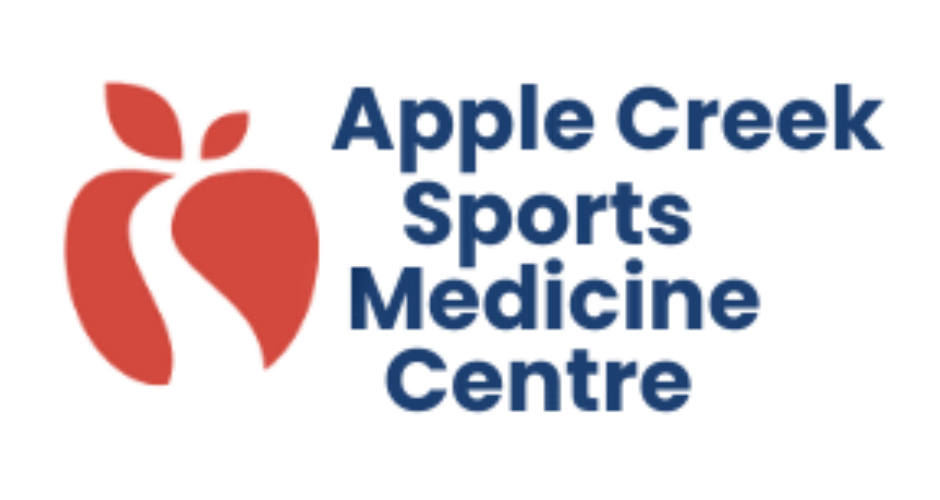
The Role of Protein in Muscle Recovery and Growth
John Sage, Osteopathic Manual Practitioner

Whether you’re an elite athlete, weekend warrior, or working through a rehabilitation program, one thing remains true: what you put into your body matters—especially when it comes to recovery and performance. One of the most critical nutrients for muscle recovery and growth is protein.
Why Protein Matters
Protein plays a vital role in repairing and rebuilding muscle tissue after exercise or injury. When you engage in physical activity—particularly resistance training or intense cardio—tiny tears form in your muscle fibers. This is a normal part of muscle adaptation. Protein provides the building blocks (amino acids) needed to heal those fibers, leading to stronger, more resilient muscles.
Recovery After Injury or Surgery
In sports medicine, recovery isn’t just about rest—it’s about giving your body the right tools to heal. During periods of injury rehabilitation or post-surgery recovery, protein intake becomes even more important. Adequate protein helps to:
- Prevent muscle wasting when activity levels are reduced
- Promote tissue regeneration
- Support immune function during the healing process
How Much Protein Do You Need?
Protein needs vary depending on your activity level, body weight, and goals.
General guidelines:- Active individuals: 1.2–2.0 grams of protein per kilogram of body weight per day
- Post-injury or rehab patients: closer to the higher end of that range
- Older adults or those recovering from surgery: may also benefit from increased protein intake
It’s important to space out protein intake throughout the day for optimal absorption—don’t save it all for dinner!
Best Sources of Protein
Not all protein sources are created equal. Focus on high-quality, complete proteins that contain all essential amino acids. Examples include:
- Lean meats (chicken, turkey, beef)
- Eggs
- Dairy products (Greek yogurt, cottage cheese)
- Fish and seafood
- Plant-based sources like tofu, tempeh, lentils, and quinoa (for vegetarians/vegans)
Protein supplements (like whey or plant-based powders) can be useful, especially post-workout or when food options are limited. But whole food sources should remain the foundation of your nutrition.
Timing Is Key
Consuming protein within 30–60 minutes after exercise can enhance muscle repair and recovery. Pairing protein with carbohydrates post-workout can further aid in glycogen replenishment and overall recovery.
Bottom Line
At Apple Creek Sports Medicine, we take a holistic approach to recovery and performance. Nutrition—especially protein—is a critical piece of that puzzle. Whether you’re rebuilding from injury, working on muscle growth, or striving to reach your next athletic goal, your recovery starts from the inside out.
For personalized guidance, our team of athletic therapists, physiotherapists, and registered dietitians can help create a tailored recovery and nutrition plan that works for you.
- Active individuals: 1.2–2.0 grams of protein per kilogram of body weight per day
About the Author:
John obtained his osteopathic degrees (D.O.M.P., D.Sc.O.) in 2014. He also is a registered kinesiologist, certified athletic therapist. John’s education also includes a bachelor of physical education from Brock University in Ontario and a diploma in sports injury management of from Sheridan College in Ontario.
For more information about John, click here

